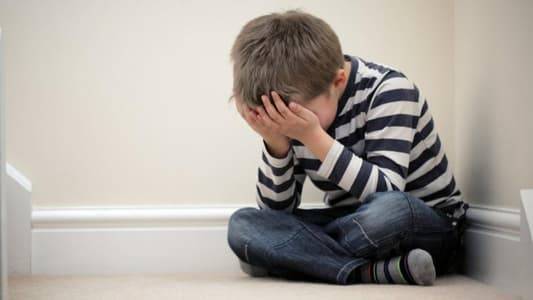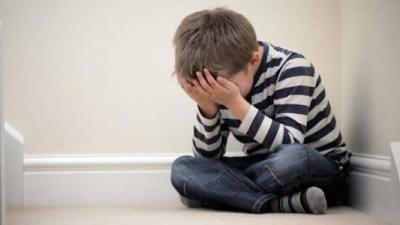The number of reported cases of sexual violence against children, as documented by the Child Protection Association, increased from 8% in 2021 to 11% in 2022 up until last September. In 51% of these cases, the perpetrator was someone close and trusted by the family. The Child Protection Association released its data yesterday, announcing an increase in violence against children (including neglect, exploitation, psychological abuse, physical violence, and sexual harassment) during the last three years of the economic crisis. While the number of cases of abuse and assault against children was 1,981 in 2020, it rose to 2,335 in 2021, with 1,858 cases recorded so far this year up to last September.
The rates of violence are similar for both genders, with data showing 44% for females and 56% for males. Cases of abuse against children aged 0 to 5 years were 436 in 2020, which represented 19%, and saw a slight decrease in 2021 to 409 cases, or 16%, with 15% reported until September this year. The percentage is expected to be higher by the end of the year.
The rates of violence against children in the age group of 6 to 11 years rose to 40%, recording 922 cases in 2020, 1,060 cases in 2021, and 850 cases in 2022 until last September. For those aged 12 to 18 years, there were 935 cases in 2020, increasing to 1,146 cases in 2021, with 941 cases reported this year, also showing an increase of 45%.
Syrian children accounted for the highest percentage of assaults over the last three years at 75% of cases, followed by Lebanese children at 23%, while other nationalities accounted for the remaining 2%. According to the data, the perpetrators of violence were predominantly family members at 61%, with 5% from family friends, and 4% from extended family, while the perpetrator was unknown in some cases at 28%, and in 13% of cases, the family had no connection to the perpetrator.
### Violence in Poor Areas
The statistics indicate that children in Lebanon live in an unsafe environment, facing various forms of violence, particularly in economically vulnerable areas, noting that these figures only reflect what the association has been informed about. The data highlighted that Akkar, Central Bekaa, and Baalbek experienced the highest rates of violence. This information comes about a week before the International Day for the Elimination of Violence Against Children, which occurs on November 19, serving as an opportunity to raise awareness and encourage reporting, especially since many cases of violence against this vulnerable group remain hidden and unreported.
The association began its activities yesterday with the screening of two documentaries aimed at shedding light on this phenomenon in Lebanon. The first summarized the personal experience of a young man who was subjected to abuse and sexual harassment by a spiritual father during his childhood. The second film discussed the personal experience of a young woman who faced sexual harassment in her childhood by a close family friend.
### Delayed Justice
Serge Saad, the executive director of the Child Protection Association, said the association is working on amending Law 422/2002 to protect children from all forms of violence, particularly regarding the non-prescription of offenses over time. He noted that many children from the past have grown up and filed reports against their abusers and harassers, but the cases have been dismissed due to the passage of time. He also addressed the role of the association in awareness and training sessions conducted with international entities in private schools, and the training for the Lebanese Army and Internal Security Forces on how to interact with children, stating that awareness initiatives have proven effective in creating positive changes in society, especially in breaking the silence and encouraging reporting, as evidenced by the notable increase in reports of domestic violence from 8% to 24% within a year (from 2020 to 2021).
He pointed out a barrier: the slow response to all reported cases due to strikes and delays in the judicial process, where cases that require hours can take weeks to be addressed and are only activated if a serious crime occurs.




